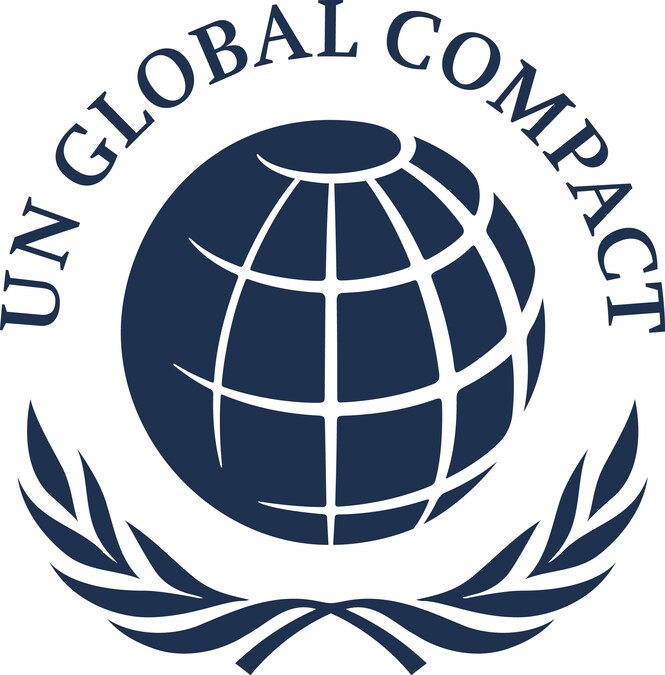Pharma Giant Merck Pulls Plug on London Research Hub, Signaling Major Strategic Shift

In a significant strategic shift, pharmaceutical giant Merck has announced the closure of its research facilities in London, pointing to the increasingly complex and challenging business landscape in the United Kingdom. The decision underscores the mounting pressures facing international corporations operating in the British market.
The pharmaceutical company cited a combination of economic uncertainties, regulatory complexities, and competitive constraints as key factors driving its withdrawal from the London research hub. This move signals a potential reevaluation of Merck's long-term investment strategy in the UK, reflecting broader concerns about the region's business environment.
By discontinuing its research operations in the city, Merck is streamlining its global research footprint and potentially redirecting resources to more favorable markets. The announcement is likely to spark discussions about the UK's attractiveness for international scientific and pharmaceutical investments in the post-Brexit era.
While the exact implications for local research staff remain unclear, the decision highlights the ongoing challenges multinational corporations face when navigating increasingly volatile global business landscapes.








